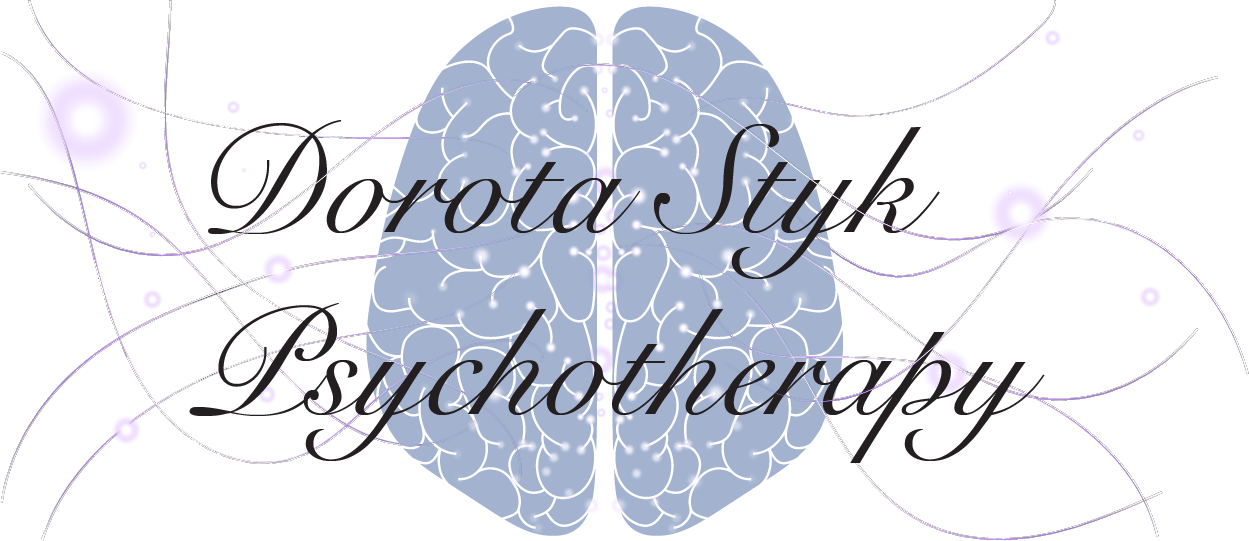Psychoeducation is a therapeutic intervention that combines elements of cognitive-behavioural therapy, group therapy, and educational components to help individuals understand and manage their mental health conditions. It serves as a bridge between clinical treatment and personal empowerment, providing service users and their families with comprehensive knowledge about mental health conditions, treatment options, and coping strategies.
The primary aim of psychoeducation is to equip individuals with the tools and understanding needed to actively participate in their recovery journey. This includes teaching service users about their specific condition, identifying triggers, developing effective coping mechanisms, and improving communication skills. Through this process, individuals gain clarity about their mental health challenges and feel more empowered to take control of their treatment outcomes.
A unique aspect of psychoeducation is its flexibility in delivery formats. It can be conducted in individual sessions, group settings, or even through virtual platforms. The intervention typically involves four key components: providing information about the condition, developing problem-solving skills, enhancing communication abilities, and building assertiveness. This comprehensive approach ensures that service users not only understand their condition but also develop practical skills for managing it in their daily lives.
Research has demonstrated the effectiveness of psychoeducation across various mental health conditions. When combined with traditional therapeutic approaches and medication management, psychoeducation has been shown to improve treatment outcomes, reduce relapse rates, and enhance overall quality of life. It particularly benefits those with conditions such as depression, anxiety disorders, bipolar disorder, and schizophrenia, helping both service users and their families develop a better understanding of the challenges they face and the strategies available for managing them.
Book an Appointment
Weekday Appointments
| Initial video call consultation | £20 |
| Video call Therapy Session | £120 |
| Audio call Therapy Session | £120 |
| Couples Video call Therapy Session | £180 |
Our of Hours and Weekends Appointments
| Initial video call consultation | £40 |
| Video call Therapy Session | £240 |
| Audio call Therapy Session | £240 |
| Couples Video call Therapy Session | £240 |
